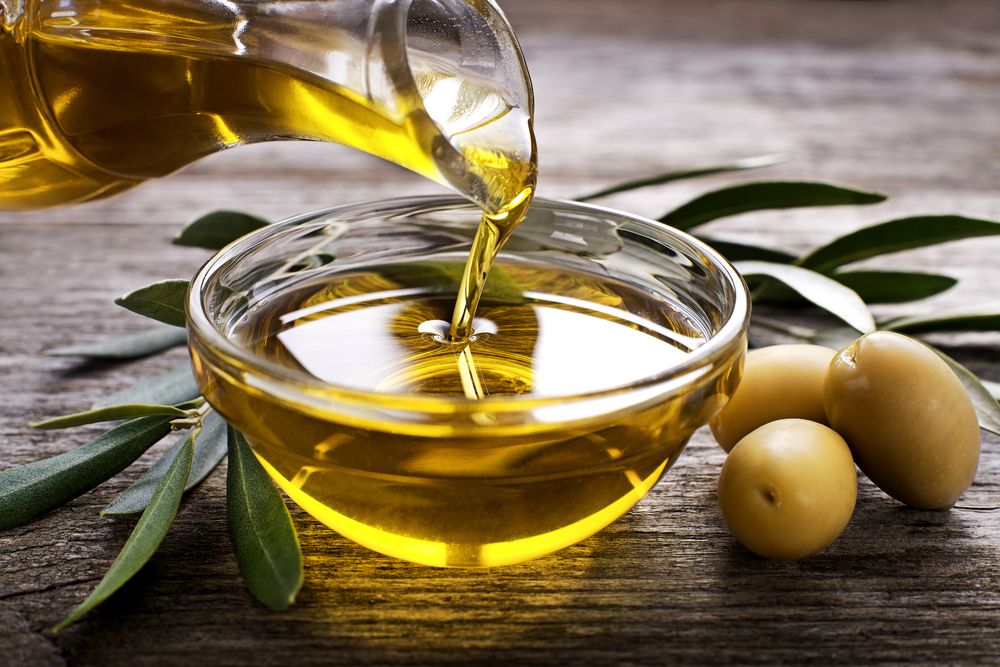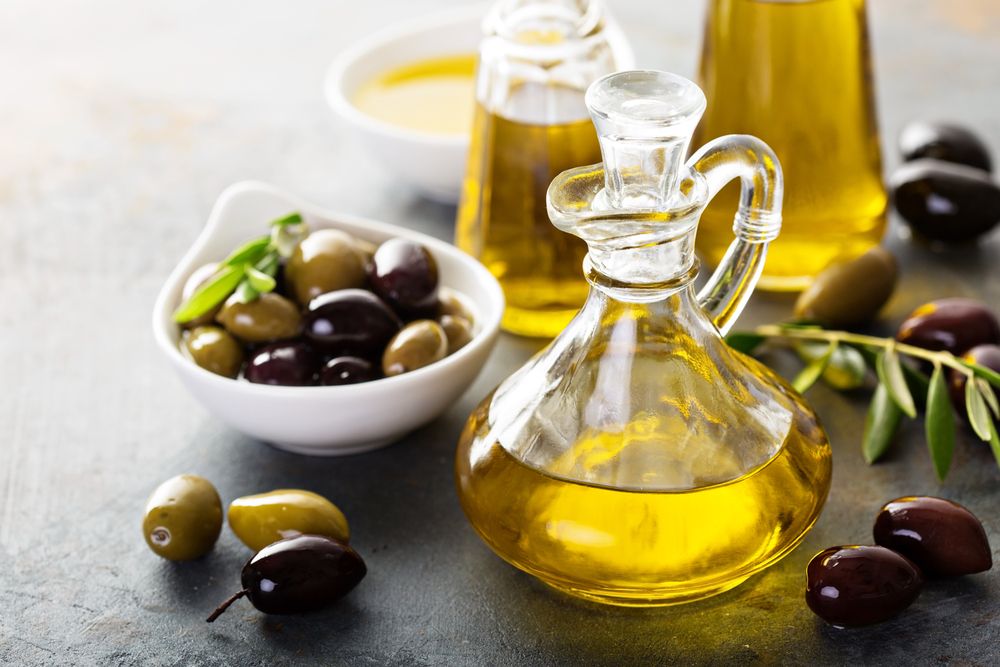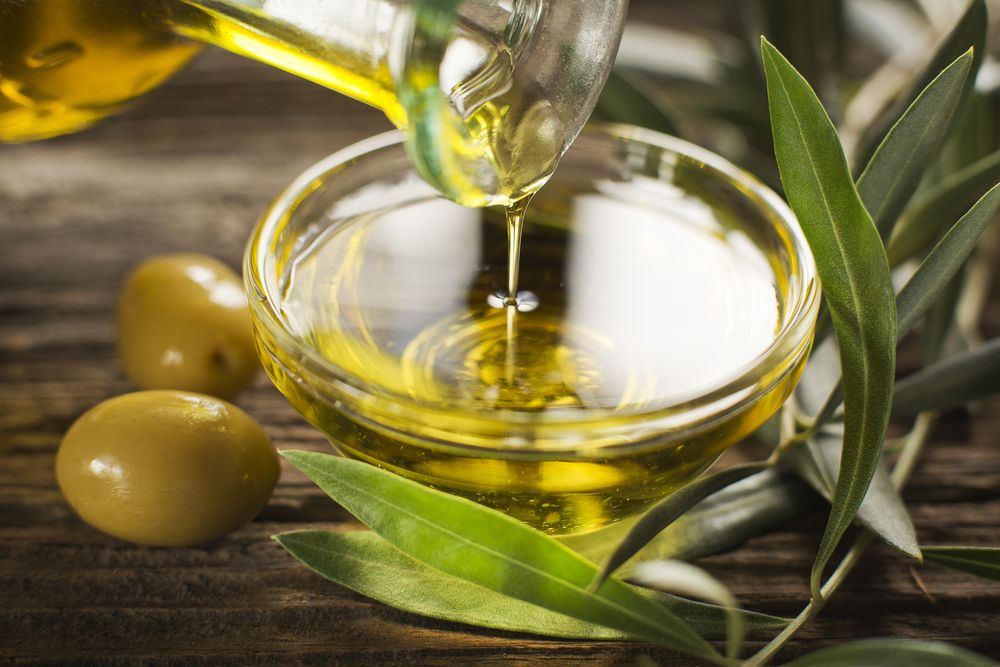In recent times, olive oil has garnered significant interest, not just for its culinary applications, but also for its perceived health advantages. The surge in the Mediterranean diet's popularity, advocating the substitution of butter with healthier fats such as olive oil, has fueled a proliferation of different olive oil brands. Yet, does consuming a daily shot of olive oil contribute to weight loss? This article aims to delve into the diverse health benefits of olive oil, its potential role in aiding weight loss, and the implications of excessive consumption.
Continue reading to explore further.
Can taking a shot of olive oil every day help you lose weight?

A study published in the European Journal of Nutrition in 2018 found that incorporating olive oil instead of soybean oil into a high-fat breakfast resulted in notable fat loss and decreased blood pressure. However, it's essential to note that merely consuming a daily shot of olive oil is unlikely to lead to weight loss by itself. Weight management hinges on various factors, including maintaining a balanced diet, engaging in regular physical activity, and making overall healthy lifestyle choices. To achieve weight loss effectively, it's crucial to consume a diverse diet comprising nutrient-rich and high-fiber foods such as fruits, vegetables, legumes, whole grains, nuts, seeds, and lean proteins.
Moreover, it's important to recognize that olive oil, being a type of fat, contains more calories per gram compared to other macronutrients. Therefore, excessive consumption can contribute to weight gain. The Dietary Guidelines for Americans recommend that adults should aim to derive only 20% to 35% of their daily calories from fat.
How consuming olive oil can help support your weight-loss goals:

Although fat is calorie-dense, it also provides significant satiety, potentially reducing overall calorie consumption, and thus aiding in weight loss. Feeling fuller can deter snacking on empty-calorie foods throughout the day.
Moreover, incorporating olive oil into meals enhances flavor and richness, making healthier foods more appealing. This can promote adherence to a nutritious eating regimen over time, facilitating sustainable weight loss.
The benefits of adding olive oil to a healthy lifestyle:

Aside from its potential for weight loss, olive oil is abundant in monounsaturated fats, known to aid in lowering bad cholesterol levels and decreasing the risk of heart disease when substituted for saturated and trans fats. Moreover, olive oil is packed with antioxidants and anti-inflammatory compounds, potentially mitigating inflammation in the body and decreasing the likelihood of chronic illnesses like heart disease, cancer, and diabetes. Some research indicates that the monounsaturated fats found in olive oil might even enhance cognitive function and lower the risk of cognitive decline as one ages.
How to incorporate olive oil into your diet:

Incorporating olive oil into your diet can be both simple and delightful. Create homemade salad dressings by using olive oil as a base, blending it with salt, pepper, and a touch of acidity such as lemon juice or vinegar for a balanced and effortless dressing. Utilize olive oil as a foundation for marinades when preparing meat, poultry, or fish—it not only adds flavor but also helps tenderize. Moreover, consider substituting olive oil in baking recipes, such as cakes or muffins, as a healthier alternative to butter or vegetable oil.

